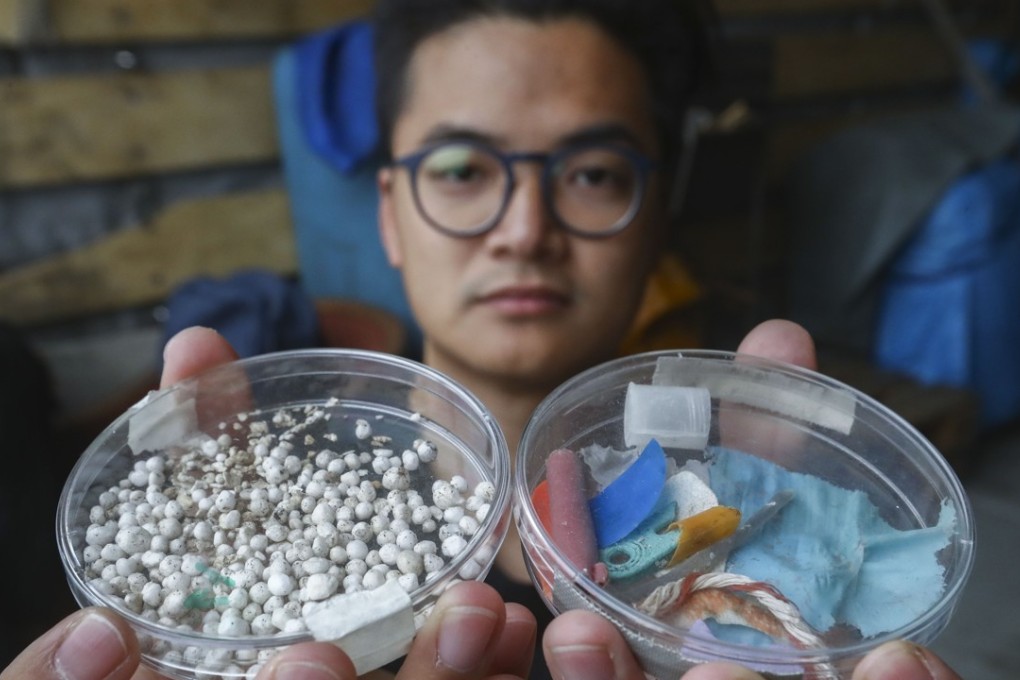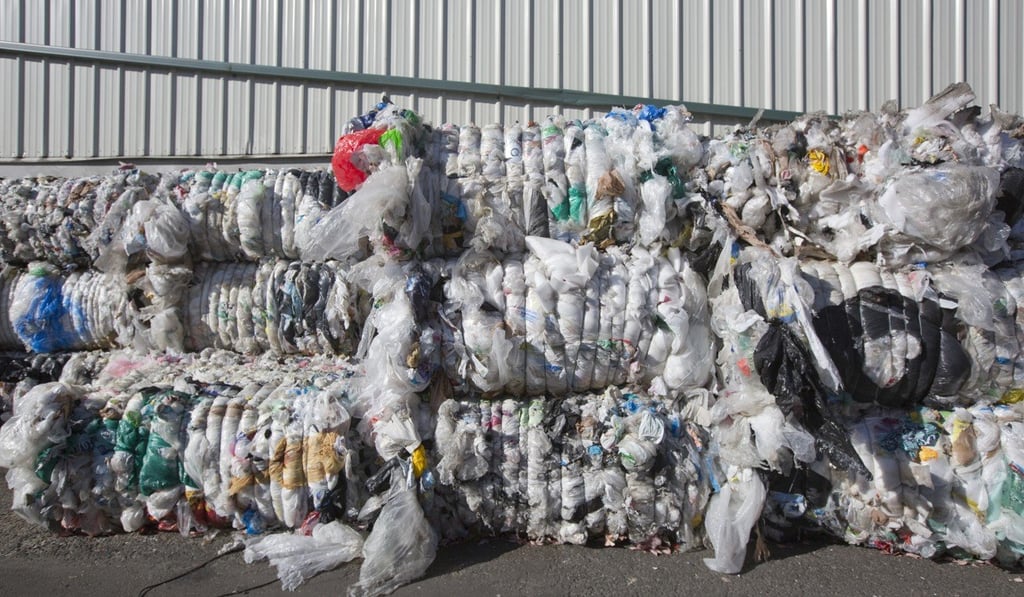Journey to the waste: has the West learned its lesson from China’s plastic ban?
Without reforming its throwaway habits, the West risks overwhelming the Southeast Asian recyclers who have stepped in to fill the gap left by China’s ban on imported plastic waste

China’s ban on imported plastic waste may be boosting the bottom line for Southeast Asian recyclers, but the industry risks being overwhelmed if Western countries don’t do more to address their throwaway habits.
That is the message from recyclers concerned that countries such as Indonesia, Vietnam and Malaysia are being asked to take on too much, too soon following China’s ban on 24 types of imported waste, which came into force on January 1. They say that if the issue is not addressed, regional countries could be forced into following China’s lead by implementing their own bans.
Before China’s regulation, the country had been importing almost seven million tonnes of plastic scrap annually, valued at more than US$6 billion, making it the world’s top market for exporters such as the United States, Britain and Japan. Much of that scrap has now been redirected towards Southeast Asia, generating concerns that it will complicate regional waste disposal efforts and cause the same environmental problems that prompted the clampdown in China.
WATCH: Can Hong Kong’s consumers say ‘no’ to plastic?
For decades, China had imported recycled scrap plastic for use in manufacturing, but in recent years this practice had come under intense scrutiny following a series of studies highlighting its negative effects. Not least among these was Shantou University Medical College’s investigation of the “world’s largest electronic waste dump” – in Guiyu, Guangdong province – which found that up to 80 per cent of children in the town had excess levels of lead in their bloodstream. Other investigations found widespread mixing of toxic materials with imported scrap plastic, and yet others accused some recycling companies of dumping imports in landfill sites.
Have Chinese missed the takeaway from Xi Jinping’s environmental message?
China’s ban, depicted as a war on “foreign garbage” when it was unveiled last year, has been well received by the public. Western countries on the other hand claim to have been caught by surprise and say they are struggling to cope with the build up of plastic at domestic recycling plants.
“[Our] concern is the need for clarity on interpretation of the new regulations … the Chinese government did not accede to our requests for a longer transition time,” said Adina Renee Adler, senior director of government relations and international affairs at the Washington-based Institute of Scrap Recycling Industries. “So until we have that understanding, US recyclers will see some disruption in operations, such as having to stockpile bales of paper and plastic or having to stop taking plastic altogether.”
As Western companies scramble for alternative markets, recyclers in less-developed waste industries have picked up much of the business.

The Belgium-based Bureau of International Recycling (BIR) estimates Vietnam imported 550,000 tonnes of scrap plastic last year, up from 339,648 tonnes in 2016, the most in the region. Malaysia came second with 450,000 tonnes, up from 287,670 in 2016, while Indonesia accepted 200,000 tonnes, up from 120,981. Thailand accepted 100,000 tonnes.